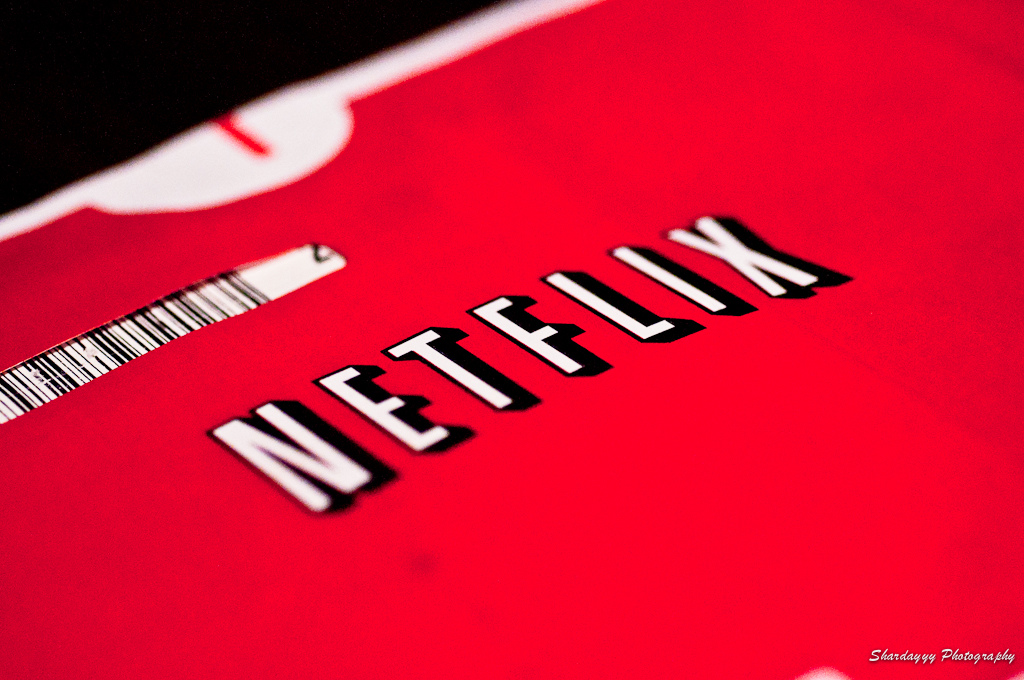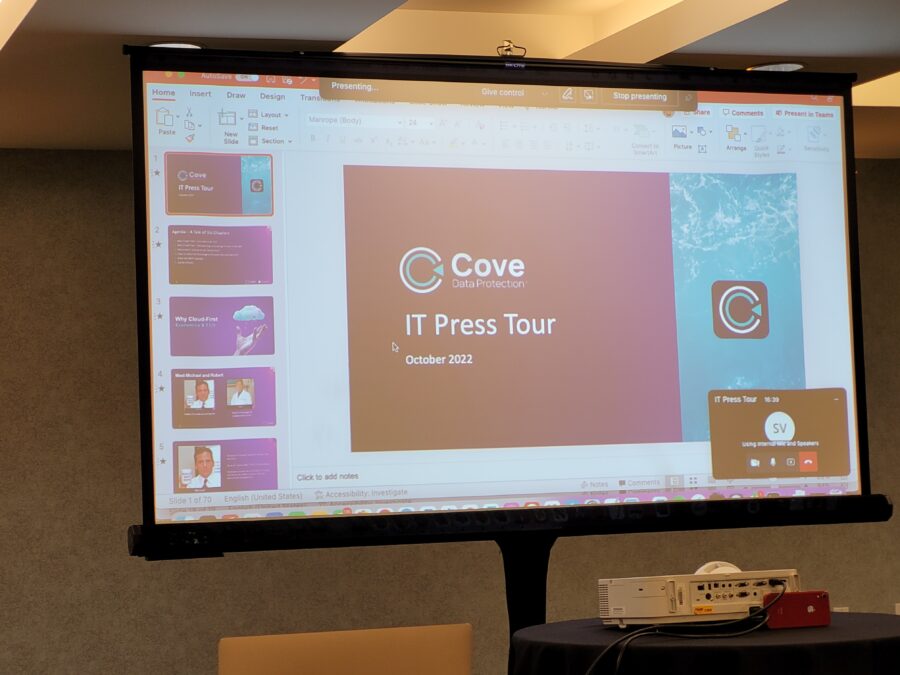In today’s “expectation economy” texting and messaging apps have never been more important, providing brands with an essential means to build trust and keep customers coming back for more.
Last year, Twilio research revealed that nine out of ten consumers want to be able to talk with brands using messaging apps, and SMS remains the preferred channel of communication, globally. In addition, we found that up to 44% of people in the UK would altogether stop doing business with a company following a bad communications experience.
>See also: Cognitive disruption: what it means for business
Consumer expectation continues to rise, while their patience for poor experiences declines. Those that fail to adapt face extinction, regardless of size or reputation. A company may serve thousands, or even millions, of people every day, but the customer journey remains an individual experience and the individual wants to be catered to.
Whether it’s Uber in the transport sector or TransferWise in the banking space, successful start-ups over the last decade have all tailored their comms to meet this need.
But this trend isn’t limited to start-ups, many established international brands, such as Morgan Stanley, have revised their existing business models to incorporate messaging into the heart of the customer journey, and those who have been successful for sustained periods of time have subsequently scaled this model to match customer growth and changing consumer behaviour.
Take Netflix: after expanding into 130 new territories in 2016, the world’s largest streaming service was faced with the task of quickly scaling its business to effectively reach its customers across the globe.
At any given time, thousands of these users around the world are making a vast range of requests (new sign-ups, password resets, etc), and are doing so via an increasingly broad spectrum of channels.
>See also: Disruption articles and industry trends in business technology
Netflix wanted to understand these new customers well enough to reach them with the right messages at the right times, and the company subsequently invested time into understanding how different sections of its audience prefers to communicate (according to certain geographic circles, certain age groups or any other cross-section).
Across all of these sub-sections, preferences and user habits can vary drastically, but there was one common thread which almost universally holds true: SMS remains king in terms of preferred channel for communications (based on open and response rates, as well as a number of spam listings).
With this in mind, the company leveraged a cloud-based API to address the challenge it faced in continuing to offer a personalised service.
This integration not only allowed Netflix to easily integrate SMS communications into the customer journey, but has also given it the potential to go even further; it has given the service access to real-time data, which it uses to, for example, better understand where its audiences lie, it can adapt its messaging content and distribution accordingly.
The company started by implementing an SMS-based password reset (previously only available by email).
Password reset requests were one of the main reasons members were calling through to customer services, and based on its research and testing, the company was able to arrive at the ideal set of messages with which to engage customers in a range of different locations and with a range of differing preferences.
>See also: British businesses at risk of disruption
Established brands can often face huge structural overhauls in scaling for a global audience – but in today’s world of increasing customer expectation and evolving preference there is simply not time for this.
The cloud has enabled start-ups and global brands alike to meet this challenge head on, and to continue to do so with agility and with a respect for the individuality of the customer’s journey.
Sourced from Doug Barnes, director EMEA, Twilio







